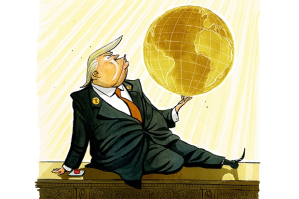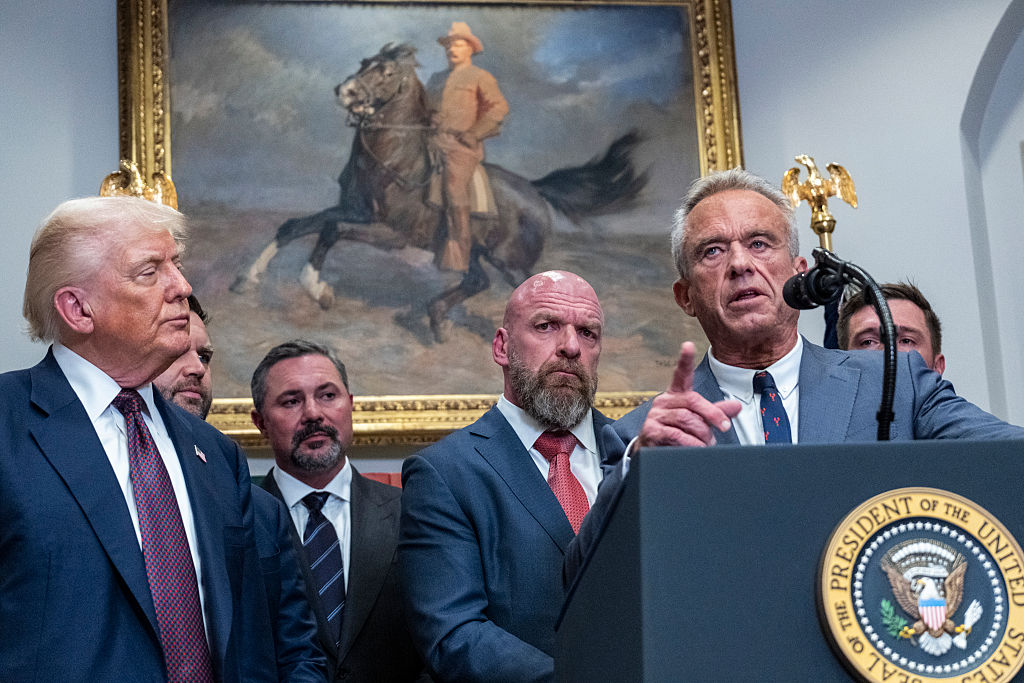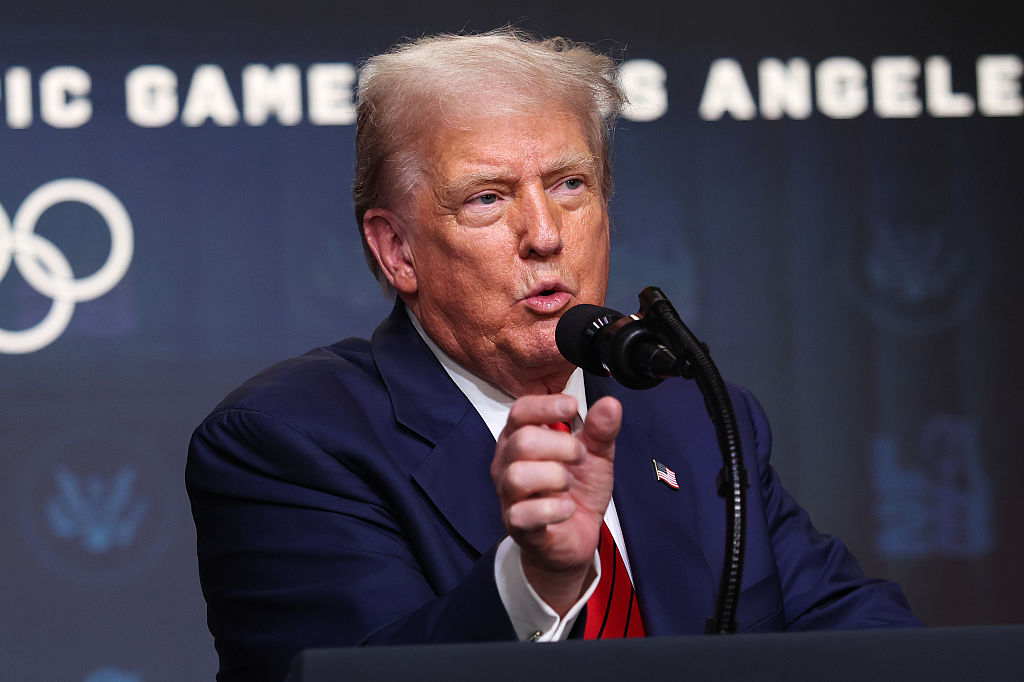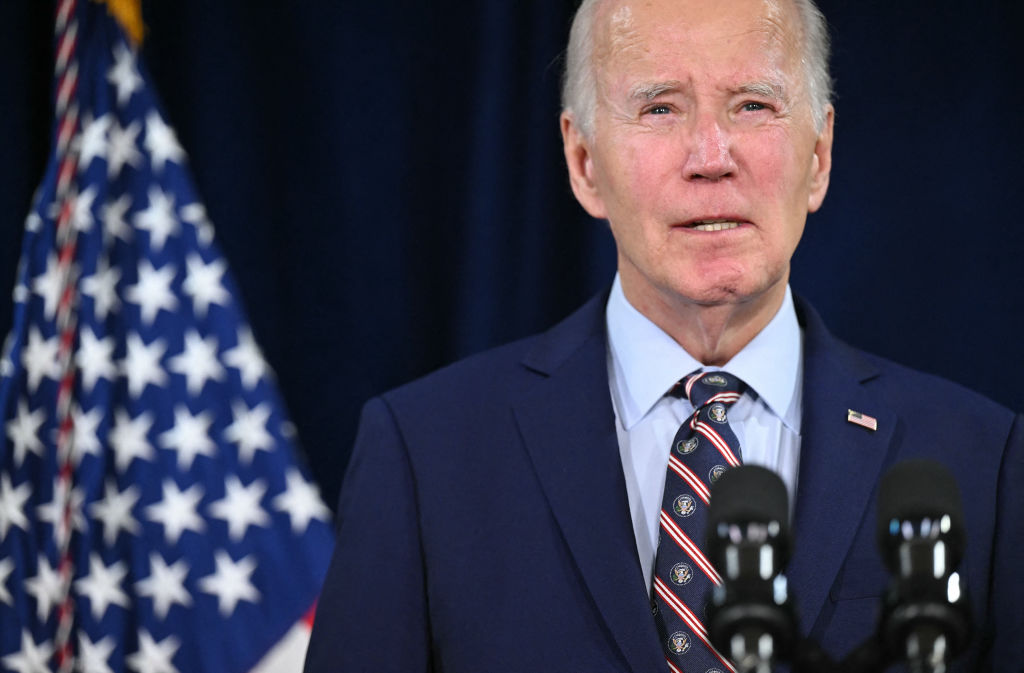“Global health” has emerged in the last decade or so as one of the growth areas in the medical and quasi-medical world. The CDC has a Center for Global Health which “works to protect Americans from dangerous and costly public health threats, including Covid-19, vaccine-preventable diseases, HIV, TB and malaria — responding when and where health threats arise.” Global Health “is a collaborative effort by technologists and researchers from leading international institutions to build a trusted, detailed and accurate resource of real-time infectious disease data.” The Global Health Corps is “a diverse community of health equity leaders.” It has just announced that “Safe Abortion is Essential Healthcare” and “is committed to protecting and advancing bodily autonomy as a pillar of health equity for all people.”
My discipline of anthropology was an early enthusiast for global health studies, and it is easy to find not just courses but whole degree programs in the field. Case Western Reserve University, for example, offers a one-year intensive master’s degree program in “Anthropology and Global Health.” I suspect that my fellow anthropologists took up this topic initially as a way of capturing undergraduate pre-med students who were looking for courses that would augment their med-school applications. But the field has burgeoned and taken on a life of its own.
And what an interesting life it is. Global health studies has made friends with post-colonialism. Which is to say, the advocates are intent on “decolonizing global health.” They wish to rid the globe of “various forms of colonial vestiges — ideologies and practices,” that “target the fundamental assumptions of global health.”
Perhaps when you think of “global health” you imagine campaigns to eradicate diseases through vaccination, sanitation and nutrition. That wouldn’t be entirely wrong, but such steps frequently interfere with local beliefs and practices — and their imposition reeks to high heaven of colonial authority.
Global health in its more up-to-date manifestation is unctuously eager to respect the wisdom and priorities of people who start from non-Western premises about the causes and treatment of ailments. This entails making sure that Western assistance avoids certain forms of overreach. It should not “build capacities to increase channels for imposing donor control,” or encourage “researchers who conduct research to instigate racial or ethnic disputes at the expense of the population they study,” or introduce “practitioners who deliver healthcare in a way that further cripples the local healthcare system and make the people more dependent on external help.”
If this sounds a bit vague, it is because “decolonizing global health” in practice means fostering techniques that probably end up causing a great deal of misery and death. Midwives can do a lot of good, but maternity wards can too. Native pharmacology indeed captures some useful knowledge about effective treatments, but it has never proved especially effective against malaria or river blindness.
Why do I bring this up? Because we live in a topsy-turvy world. Western medicine went tremendously far in advancing the health and longevity of humanity across the world. Yellow fever, for example, was cured in no small part thanks to America’s imperialist project in Panama. One after another the scourges of mankind were largely conquered by Western medical advances, carried on the palanquin of arrogant Western imperialists. It turns out that global health can’t be disentangled from the imperial mission. Colonial medicine saved millions of lives. That’s a bit awkward.
We should at least acknowledge that the life-saving doctors and missionaries of the past (often one and the same) tended to look down on the local practitioners, and their condescension has left a legacy of resentment. I am ready to believe that public health and imperialism were, and still are, intertwined endeavors.
That’s perfectly evident in light of the ministrations of Dr. Fauci, Dr. Birx and the whole crew at the CDC. The highhandedness of Western public health authorities is no long acceptable in Kenya or Gujarat, but it is thriving back at home. The imperial attitude reigns and we citizens now are cast in the role of benighted savages who must be made to comply with the magic spells and mysterious jabs of the white-robed savants who have assumed power over us.
I will spare my readers my nativistic wrath against the impositions of rags over our faces and sometimes heart-stopping djinns pricked into our blood. I just wish those who are seeking to “decolonize global health” would spare a thought for the new targets of techno-spookery who aim to deny us control over our own medical destiny. Or failing that, that they send us an old-fashioned Dr. Livingstone, rather than these Dr. Frankensteins manqués.
This article was originally published in The Spectator’s September 2022 World edition.

























